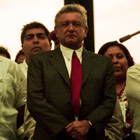
A New Hope for Mexico?
Andrés Manuel López Obrador is hardly the demagogue of his critics’ imaginations. The more relevant question is: if he becomes Mexico’s next president, will he actually bring the changes the country needs?


Andrés Manuel López Obrador is hardly the demagogue of his critics’ imaginations. The more relevant question is: if he becomes Mexico’s next president, will he actually bring the changes the country needs?
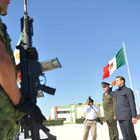
2017 was Mexico’s deadliest year on record—and a new law deepening the military’s role in law enforcement threatens only to make things worse.

Javier Valdez was the sixth journalist murdered in Mexico so far this year. What will it take for his killers to see justice?

Buckley’s seldom-acknowledged fluency in Spanish shaped his worldview—including his admiration for dictators from Spain to Chile and beyond.
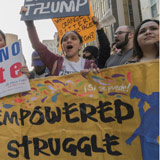
Pan-Latino identity, once the result of a sort of strained political imagination, is increasingly real—and recognizing its potency will be central to building a new progressive movement in the United States.

In her new book, Our Sister Republics, Caitlin Fitz exhumes a forgotten moment in the history of the Americas, a time when residents of the newly formed United States came to see Latin Americans as partners in a shared revolutionary experiment.
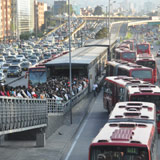
Since the early 2000s, when the Shell-backed EMBARQ began promoting bus rapid transit (BRT), a wide range of philanthropists and transit advocates have seized on the “technical fix,” which promises to solve a recognized problem without challenging the power relationships that created it.
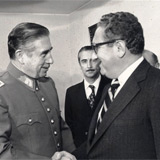
Donald Trump’s statements about migration and foreigners should not be dismissed as an anomaly of primary season politicking. From a historical perspective, they express broadly shared although largely implicit ideas about the relationship between the United States and Latin America.
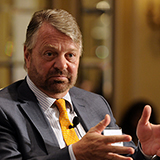
Can the Latin American left really be divided into a moderate, social democratic “right left” and an authoritarian, populist “wrong” one?

Many popular movements around the world today oppose hierarchy and embrace direct democracy. This is a spirit that we should applaud and help to flourish.
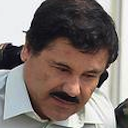
El Chapo’s escape shows the Sinaloa Cartel still has extraordinary financial and political clout. Benjamin T. Smith explores the effects his newfound freedom might have on trafficking and violence in Mexico.

In a twisted parallel to the country’s long tradition of masked luchadors, Mexico’s cartel leaders have carved out their own traditions of anonymity.
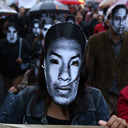
Why, after nearly a decade of drug war violence, police incompetence, judicial impunity, and official corruption, have Mexicans suddenly taken to the streets to demand political change? And can Peña Nieto’s proposed reforms do anything to stem this wave of unrest?
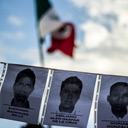
This summer, Mexico’s four major cartels signed a pact of alliance. Is this a sign that they’re weakening—or are we entering a new era of state–cartel cooperation?
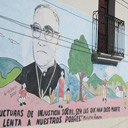
Under Pope Francis, the Vatican has shown sympathy for a radical Catholic tradition. But Francis sidesteps liberation theology’s most revolutionary ideas.